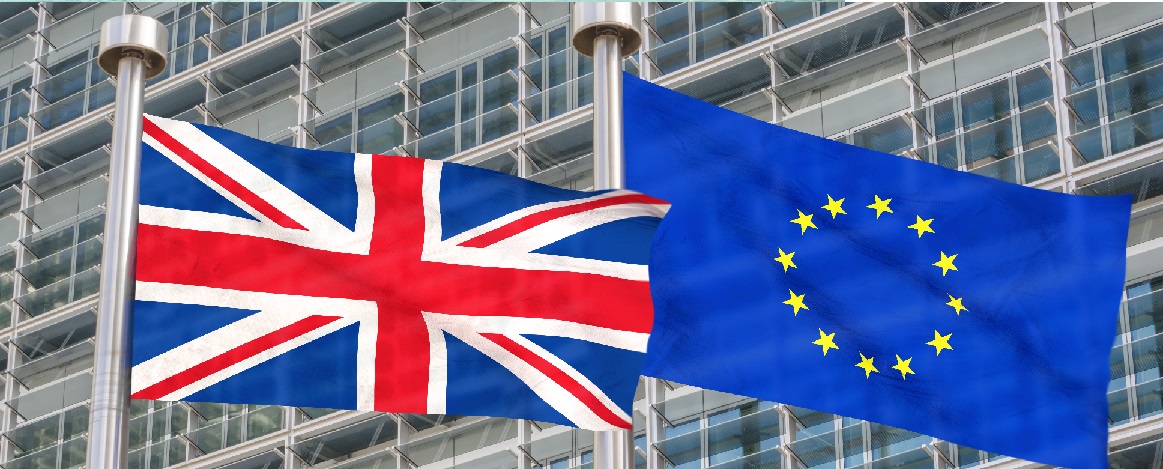Brexit

On 23 June 2016, a referendum on the UK’s (UK) membership of the European Union (EU) was held, with a majority in favour of the UK leaving the EU.
RIA is working with members to represent their views to Government and prepare them for all potential outcomes.
In March 2017, the Government notified the EU of the UK’s intention to withdraw from the Union (under Article 50 of the EU Treaty).
Once the UK has left the Union, all EU primary and secondary legislation will cease to apply to the UK, and the UK will be treated by the EU as a third country, which means as a non-member.
The negotiations have been split into two parts: the withdrawal agreement, also referred to as the ‘divorce deal’, and the future UK-EU relationship. The withdrawal element will include agreement on the financial settlement, agreement of citizens’ rights and the Irish border, and also includes detailed arrangements for a transition period to run until 31 December 2020. Only once a withdrawal deal is agreed will the negotiations move to the second phase where the future relationship, including trade, will be addressed. The withdrawal agreement will be progressed under a ‘nothing is agreed until everything is agreed’ approach.
There are broadly two scenarios to consider:
1.
The UK-EU agree a withdrawal deal and the UK leaves the EU. A transition period will operate until 31 December 2020 during which EU rules will continue to apply; or
2.
There is no UK-EU withdrawal agreement and the UK exits the EU on 30 March 2019, from which date all EU rules will no longer apply. There would be no transition period. This is the so-called ‘hard’ Brexit scenario.
Our Work
RIA has produced a Brexit Position Paper, which sets out the rail supply industry’s key asks on Brexit. This covers both challenges (harmonised technical standards, access to a skilled workforce, smooth cross border trade) and opportunities (for rail to be part of any post Brexit trade deals and increased exports).
Read the Brexit Position Paper
RIA is continuing to engage with the Government, Parliamentarians, industry bodies and the European institutions on how to make Brexit a success. To help inform our position, and keep our members up to date with the latest information and insight, we regularly participate in Brexit roundtables and other Brexit related events.